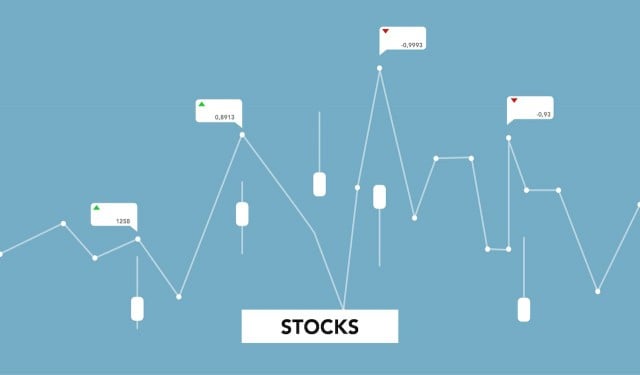A broker's commission is fees or commissions for carrying out transactions or offering specific services on their client's behalf. Stock brokers charge for sales, purchases, consultations, and delivery.
Choosing the right stock broker can significantly impact long-term investment because the commission can highly decrease your investment profits. It's crucial to know what you're paying for any service charges, whether they're incorporated into the reserves you have selected as an expenseratio, included on as a share trading commission, or assessed as a brokerage commission on your investment account, or added by an consultant who is helping you in arranging it all out.
What does Stock Broker Do?
An individual or business that charges a stock commission or fee to purchase or sell stocks and other assets on behalf of their clients is known as an investment broker or a stock broker. People looking f investments in the market mostly use a stockbroker.
Investing in stocks differs from other investments because the channels through which stocks are acquired and sold are largely managed. In contrast to purchasing a computer directly from a manufacturer, retailer, or friend, you can buy stocks through a far smaller number of channels. In most cases, stock purchases must go through a stockbroker.
However, there are some situations where purchasing and selling stocks through dividend reinvestment and direct stock plans is possible without a broker.
A stockbroker's license gives them the authority to handle registered financial securities, which means they can purchase and sell stocks on their client's behalf. Many brokers also help clients with things like estate planning and money management.
Average brokerage fees differ depending on the sector and kind of broker.
A brokerage fee in the real estate sector is often a fixed rate or a set percentage that is imposed on the buyer and the seller. Mortgage brokers guide prospective borrowers in finding and obtaining mortgage loans, and their stock commission fees range from 1% to 2% of the loan amount.
A broker charges a commission in the financial securities sector to make trading easier or to manage investments or other accounts.
Stock Broker Commission Breakdown
- Full-service Brokers
Estate planning, tax preparation and consulting, and other financial services are just a few of the many products and services that full-service brokers provide, either personally or over the phone. They consequently receive the highest brokerage costs.
Currently, full-service brokers often charge a commission of 1% to 2% of the managed assets of their clients.
A broker's recurrent payment for selling mutual funds is a 12B-1 commission. The commissions are between 0.25 to 75 percent of the trade's total value. The annual maintenance costs are between 0.25 and 1.5 percent of the assets.
- Discount Brokers
Discount brokers charge fewer fees than full-service brokers since they have a smaller selection of products and don't give investment advice. Each trade transaction is subject to a fixed price charged by discount brokers. The per-trade flat commission ranges between $5 to $30 per trade. Depending on the assets kept, account maintenance costs are typically around 0.5% annually.
For example, if the stock trading fee is $5, an investor would pay that amount whether they purchased five shares of a stock priced at 500 ($25,000) or $50 per share ($250).
- Online Brokers
Online brokers offer the most affordable brokerage fees. Their main responsibility is to make internet trading possible for investors. Customer support is scarce. Many online brokers have eliminated a common commission fee for trading stock shares, although commission fees for trading options or futures remain in effect. The costs differ and could be calculated as a per-contract or per-share price. The cost of maintaining an account might range from 0 to 50 dollars annually.
Advantages &' Disadvantages of Brokerage Fees

As investors must usually choose less expensive investment choices, the truth is that a broker has higher fees than its rivals should not automatically drive them to avoid doing business with them.
While fees could be a exit for few investors, hostile day traders might be prepared to spend more to gain access to diverse investments plus trading resources.
The same methodology applies to the long term investors. For more in-depth advice, you may be ready to spend more.
Fees and additional costs may immediately reduce your capital, but you'll come ahead if you pay for things that help your decision-making.
What are the Average Stock Broker Commission Fees?
A brokerage firm may charge a variety of prices for its services. While some industries may charge a fixed rate for their services, others could charge a set percentage of the total transaction value. Brokerage commissions typically are 1% and 2% of the overall transaction value.
Is it Worth Using a Stock Broker?

Investors who are frightened by the complexity of the financial markets may find it helpful to use a stock broker, particularly a full-service brokerage. It is a smart method to become more at ease with the concepts of investing by having a certified professional walk new investors through each investment decision and trade. However, as mentioned above, the full-service strategy can be pricey due to the typical full-service stockbroker commission. Investors can save account management costs by making a service broker fees comparison of their services and their fees.






